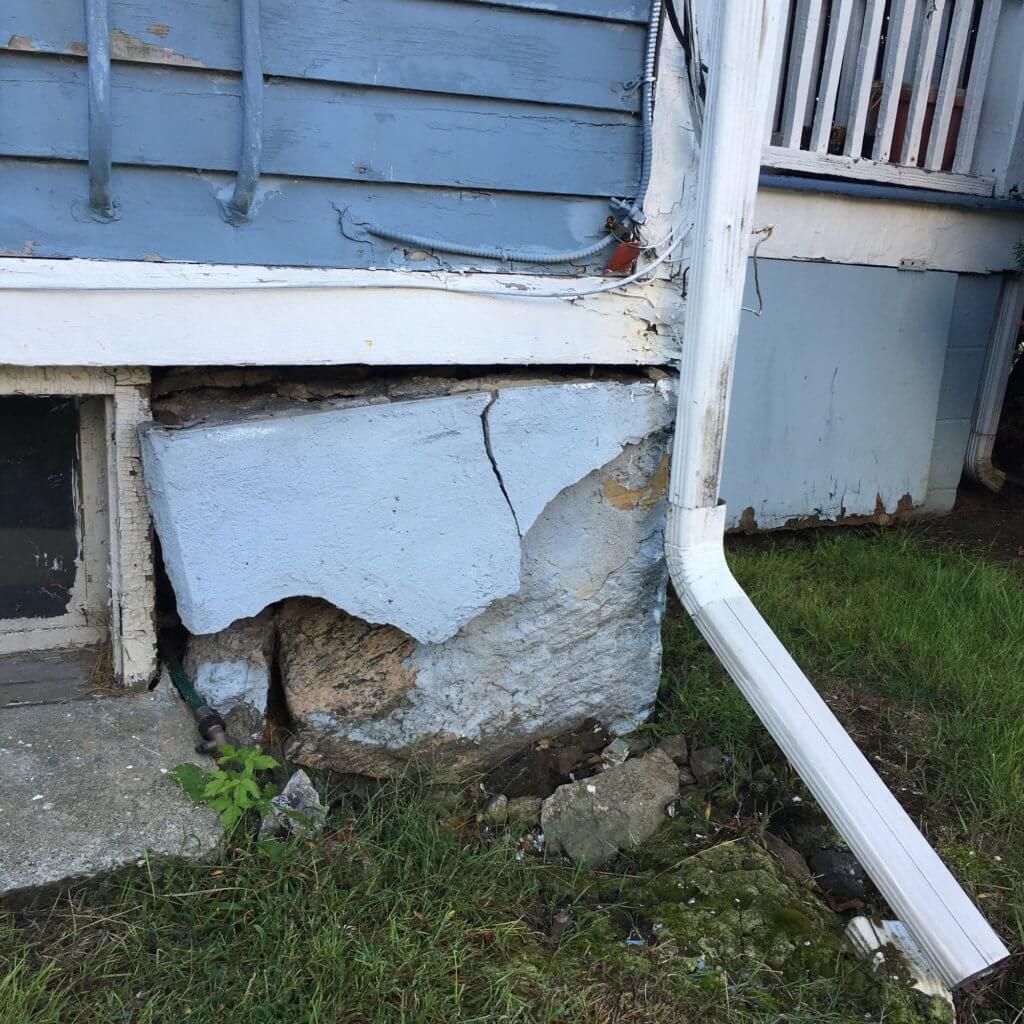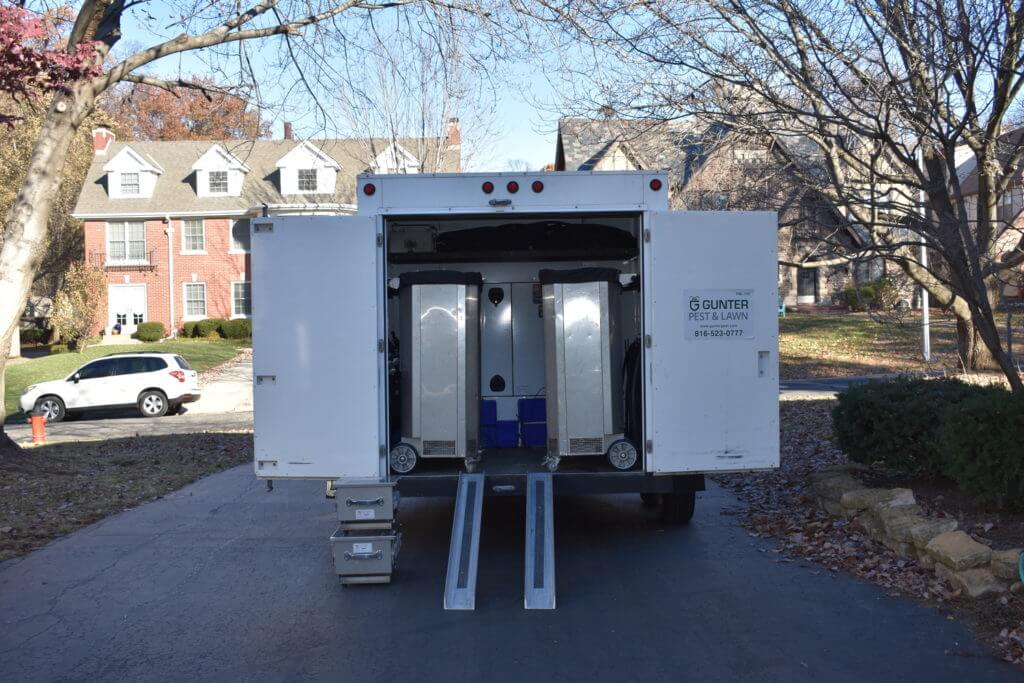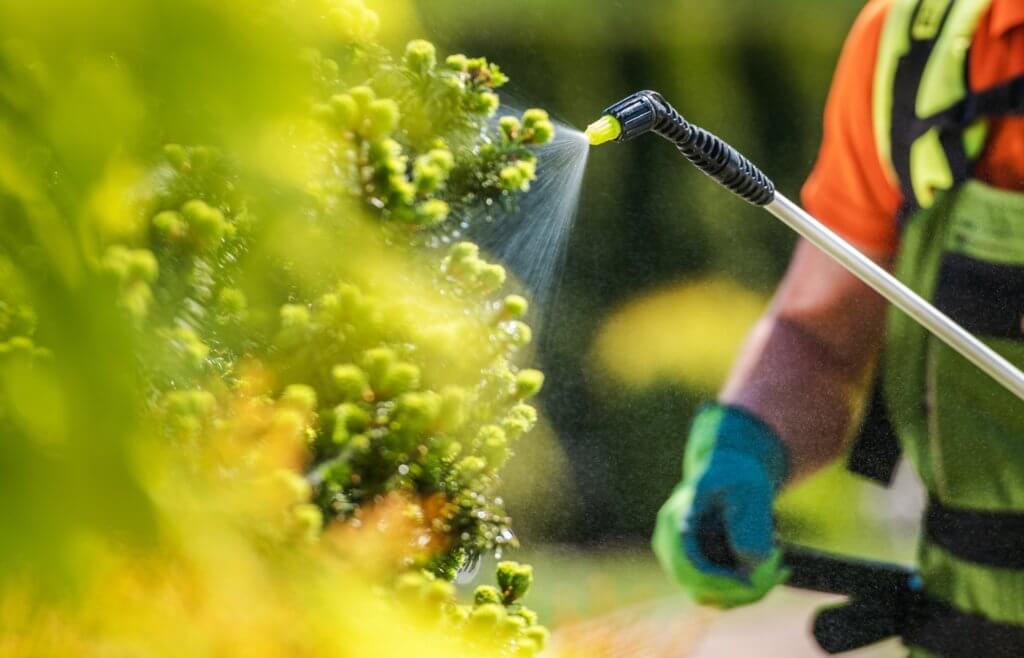If you are currently experiencing a pest problem in your home or garden, you don’t need to turn to toxic chemicals. Today we are going to discuss the most environmentally friendly pest control methods. We hope these eco-friendly pest control methods can help you.
Toxic insecticides and common pest poisons can easily cause harm to other animals or enter the local ecosystem, polluting your natural surroundings. In order to protect nature and to play your part in fighting climate change, you should always consider alternative approaches.
There are a number of environmentally friendly pest control methods you can use to prevent further infestations and damage while remaining ecologically responsible.
In this article, we explore just a few of them, with options to tackle pests in the home and in the garden.
Pest Proofing
Naturally, the most ethical and effective approach to pest control is to prevent access, avoiding an infestation altogether. After all, once pests get in, it can be very hard to completely remove them.

Seal off holes, cracks, and any potential ingress points in walls, floors, and ceilings and cover vents and other weak points with mesh where possible.
You should also store or cover food correctly and dispose of garbage in a suitable manner so that insects and rodents won’t be attracted.
Of course, it can be tough to cover all bases. If you find yourself with an infestation despite your best efforts, you can try any of the following approaches.
Bait Stations
Bait stations are a popular form of pest control. They are specially designed containers for rodents, insects, and other unwanted visitors to be lured using purpose-selected bait. The pests are then trapped inside.
You can choose to use poison in a bait station, or you may opt for a humane approach where pests are trapped and then released far from your home.
Remember: if you decide to use poison, be sure to select a type that is safe for wildlife and the wider ecosystem.
After all, a rat that ingests poison may later be eaten by a larger animal such as a cat or fox. If that poison is toxic to other animals, it may result in “secondary death” as the poison passes along the food chain.
Heat Treatments
For infestations of bed bugs or similar pests, the automatic response may be to reach for the insecticide or other harsh chemicals. However, these substances can be highly toxic and are known to pollute.
They can also damage your property or belongings – and they may not totally eradicate all pests, as it can be hard to apply them to hard-to-reach areas.
Heat treatments are a great alternative. They involve no chemicals, cause no collateral damage, and will penetrate to even the tightest spots.
All that is required is for a pest control specialist to raise the temperature of the affected room to at least 122 degrees Fahrenheit for two hours or more.
The heat draws out the insects, easily exposing them, then suffocates them and kills off their cells for a highly effective and comprehensive result.

Organic Garden Treatments And Deterrents
If you need to keep bugs away from your lawn, vegetable garden, planters, or flower borders, there are plenty of natural and environmentally friendly ways to do this.
Some approaches even make use of your kitchen waste – so they’re free and even more ecologically responsible!
One technique is to sprinkle your old coffee grounds on the garden to ward off slugs, snails, ants, and even fleas (remember, coffee grounds are acidic – so be sure to avoid this if your plants hate acidic soil).
Ground-up eggshells are also great for protecting your garden, as their individual crumbs or particles are very sharp and cause major problems for pests that try to crawl over them.
You can also use a substance called diatomaceous earth, which is made up of ground-up prehistoric diatomic fossils, to achieve a similar result.
Salt is another excellent deterrent for slugs and snails, and you can make a useful salt spray out of salt and warm water. However, remember that sprinkling salt can kill plants and grass, so this is best for use on paving or other surfaces that will not be badly affected.
Beer traps can also be placed around to distract and kill slugs, snails, and other critters. Simply collect empty jars, then dig holes surrounding your vegetable garden into which those jars will fit. Their rims should sit at least flush with the ground, if not very slightly raised.
“Now, fill the jars with any unwanted beer and leave them. Slugs and snails will then crawl in, become trapped, and drown. The best traps are ones that are difficult to leave once the pest has entered,” blogger + UK property sales / costs analyst Ruban Selvanayagam.
These natural pest control methods are great because they use natural products, don’t create health problems for us humans, and help you control pests without using harmful chemicals.
Garden-Friendly Bugs
You can even purchase ladybug larvae – as ladybugs eat aphids and other garden pests. They are known as beneficial insects and are a very good organic pest control method. Nematodes are available too. These are microscopic, parasitic creatures that don’t affect your plants but will kill pests with bacteria in order to eat them.
Baking Soda
Baking soda is a great multi-purpose substance that is popular in cleaning. It also works as a superb environmentally friendly pesticide and fungicide and can be sprinkled onto surfaces or mixed with warm water and sprayed.
Non-Toxic Insecticides
There is a range of non-toxic insecticides that do not pollute and will not affect plants, pets, or the wider food chain when ingested by pests.
Popular options include Neem-oil, which is natural oil produced by the neem tree. Using toxic pesticides usually creates more problems and things such as Neem-Oil are safe and effective when it comes to getting rid of pests.
While you can do your own research and carefully apply these substances yourself, it is often best to engage an established and experienced pest control company to do so on your behalf.

This is because specialists of this kind often employ tried and tested techniques – and many are covered by a guarantee.
Whatever the nature and severity of your pest problem, it will have an environmentally friendly solution. Be sure to try all relevant above suggestions carefully, with proper research.
Alternatively, you should get in touch with Gunter Pest & Lawn since we specialize in environmentally friendly techniques and practices.
We have a number of highly effective tricks up our sleeves that will rid your home and garden of unwanted critters in no time, without causing harm to the environment or local ecosystem. We hope that the most environmentally friendly pest control methods that we have shared today can help you keep your house pest-free.








